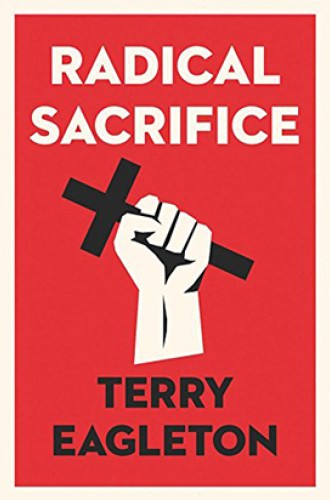The crucified Christ isn’t a tragic hero
In a comic reversal, says Terry Eagleton, the death of God incarnate reveals a fragile social order.
The lively cultural critic Terry Eagleton has assembled a collection of ancient sages, Parisian deconstructionists, poets, classical philosophers, and Hebrew prophets to address the role and meaning of death, tragedy, and sacrifice. He notes that in the leftist circles with which he is usually identified, these are not fashionable topics. For many leftists, rationality dominates action to the extent that sacrifice seems an embarrassing hangover from darker ages. Eagleton disagrees, addressing the central concerns of those for whom sacrifice is crucial—not the least of whom are Christians.
Eagleton argues that reliance on rational order is everywhere undermined by “the Real”—a term he borrows from the French psychologist and philosopher Jacques Lacan. Not to be confused with our ordinary notions of the real world, which involves things like dinner tables and massive distant galaxies, the Real reveals itself in the sheer density of life and the dissolution of death. The Real subverts “the symbolic order” that knows tables and stars. Eagleton’s overall project is to review conflicting strategies that speak about—or to—the (unspeakable) Real, ranging from Stoic denial to Christian concepts of salvation.
The book’s final chapter, “Kings and Beggars,” offers a particularly clear account of how the Real undermines the surety of symbols that structure our common world. What final reality attaches to king or beggar? In death they are but common dust. Eagleton points to the cultural practice of carnival as a symbolic recognition of the fragility of the social order. For a day, servants become masters and beggars don royal robes. Eagleton understands Christian Holy Week within the order of carnival. “An obscure layman, blown in from provincial Galilee” is hailed with palms only to be crucified days later under the mocking title “King of the Jews.”





